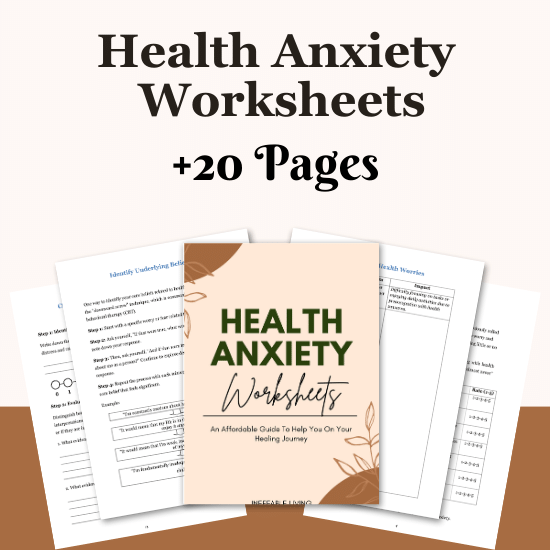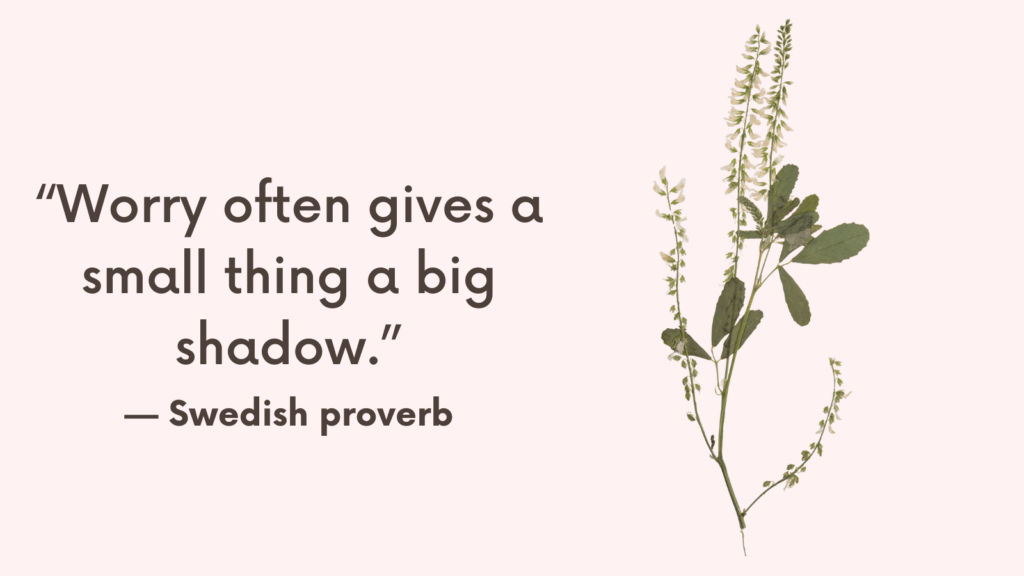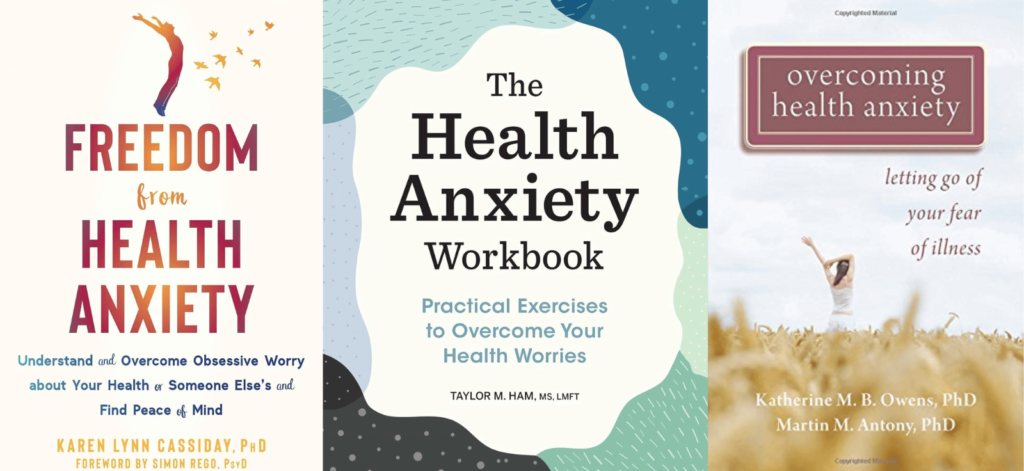Health anxiety, also known as hypochondria, involves an excessive worry about having a serious illness despite medical reassurance.
Understanding the nature of this condition and learning strategies to manage it can significantly improve your quality of life.
What Is Health Anxiety?
Health anxiety involves misinterpreting normal body sensations as signs of severe illness.
Despite medical reassurance, individuals with health anxiety often believe that their doctors missed something or that their condition will worsen.
This can lead to excessive worry, frequent doctor visits, and constant body checking.
Here are common symptoms associated with health anxiety:
- Frequent Self-Examination: Constantly checking your body for signs of illness, such as lumps, sores, or skin changes.
- Hyperawareness of Bodily Sensations: Being overly attentive to normal bodily sensations (like heartbeat, digestion, or minor aches) and interpreting them as signs of serious illness.
- Seeking Reassurance: Frequently visiting doctors, undergoing medical tests, or asking friends and family for reassurance about your health.
- Persistent Worry: Continuous and excessive worry about having a serious illness, despite medical reassurance.
- Fear of Illness: An intense fear of specific illnesses, often changing from one illness to another over time.
- Catastrophic Thinking: Assuming the worst possible outcome from minor symptoms (e.g., thinking a headache is a brain tumor).
- Avoidance: Avoiding medical information, health news, or places like hospitals out of fear of discovering or being exposed to illnesses.
- Compulsive Health-Related Behaviors: Spending excessive time researching symptoms and diseases online, often leading to increased anxiety.
- Impact on Daily Life: Health anxiety interferes with work, social activities, or personal relationships due to constant worrying and health-related behaviors.
Related: Best 7 Health Anxiety Books
Differences Between General Anxiety and Health Anxiety
With general anxiety, physical symptoms are recognized within the context of a specific situation, such as feeling nervous before a presentation. Once the situation is over, the symptoms typically subside.
In contrast, those with health anxiety are not reassured by medical evaluations. They may believe new symptoms have emerged since their last visit or that their condition is undetectable by current medical technology. This leads to a cycle of worry and reassurance-seeking.
Why Some People Are Not Reassured
Health anxiety can develop through a conditioning response, similar to Pavlov’s dog experiment. In Pavlov’s experiment, dogs learned to associate the sound of a bell (a neutral stimulus) with food (an unconditioned stimulus), eventually salivating (a conditioned response) when they heard the bell, even without the presence of food.
Anxiety becomes associated with physical sensations, leading individuals to fear these sensations and interpret them as signs of serious illness.
How to Deal with Health Anxiety?
Dealing with health anxiety involves a combination of self-help strategies, lifestyle changes, and professional support. Here are some effective approaches:
1. Educate Yourself
Understanding health anxiety can help you recognize that your fears are often irrational.
Reading reputable sources about your condition can provide clarity and reduce unnecessary worry.
2. Limit Reassurance-Seeking
Constantly seeking reassurance from doctors, friends, or family can reinforce anxiety.
Try to reduce the frequency of doctor visits and discussions about your health concerns.
Related: How to Cope with Health Anxiety without Medication?
3. Challenge Negative Thoughts
Use cognitive behavioral techniques to identify and challenge irrational thoughts about your health.
Ask yourself if there is real evidence to support your fears and consider alternative explanations for your symptoms.
4. Practice Mindfulness
Mindfulness meditation helps you stay present and reduce the focus on health worries.
Techniques like deep breathing, progressive muscle relaxation, and guided imagery can also help manage anxiety.
5. Avoid Health-Related Searches
Limit the time you spend researching symptoms and diseases online. Information overload can increase anxiety and reinforce irrational fears.
6. Set Time Limits for Worrying
Allocate a specific time of day to think about your health concerns. This can help prevent constant worrying and give you more control over your thoughts.
Related: Best 45 Health Anxiety Affirmations
7. Regular Exercise
Physical activity can reduce anxiety and improve overall well-being.
Aim for at least 30 minutes of moderate exercise most days of the week.
8. Healthy Diet
Eating a balanced diet supports both physical and mental health.
Focus on whole foods, such as fruits, vegetables, lean proteins, and whole grains.
9. Adequate Sleep
Good sleep hygiene is crucial for managing anxiety.
Aim for 7-9 hours of quality sleep per night, and maintain a consistent sleep schedule.
Related: +20 Overgeneralization Examples & How to Avoid It
10. Reduce Caffeine and Alcohol
Both caffeine and alcohol can exacerbate anxiety.
Try to limit or avoid these substances.
11. Routine and Structure
Establishing a daily routine can provide stability and reduce the time available for worrying about health concerns.
12. Relaxation Techniques
Incorporate relaxation techniques into your daily routine. Activities like yoga, tai chi, or simply taking a walk in nature can be very calming.
13. Hobbies and Interests
Engage in activities that you enjoy and that keep your mind occupied. Focusing on hobbies can divert your attention from health worries.
Related: 9 Silent Panic Attacks Symptoms

Conclusion
Health anxiety can be exhausting and distressing, but it is manageable with the right strategies.
Remember, the key is to break the cycle of worry and reassurance-seeking through structured interventions and persistent effort.



